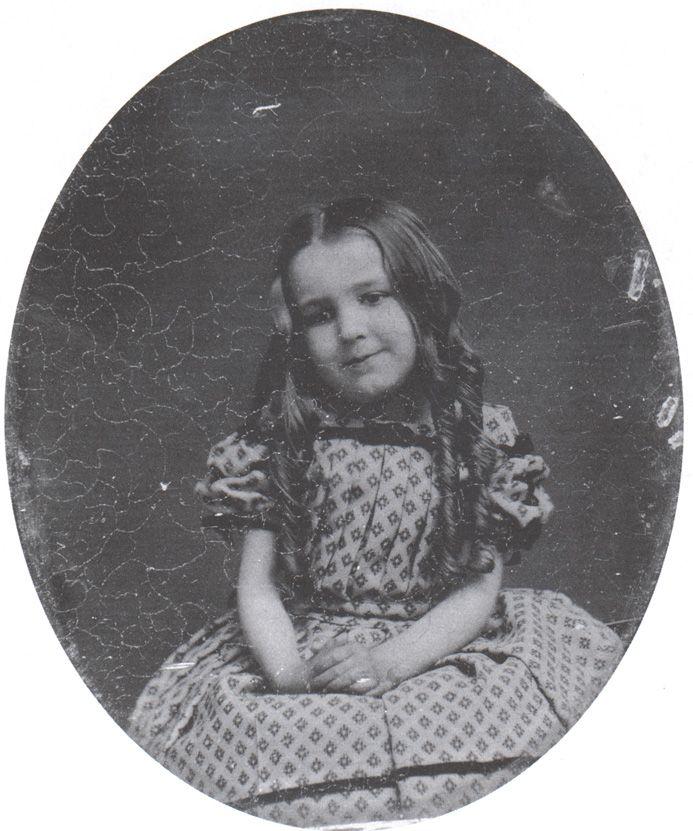
d: 1867
Frederick Baker
Summary
Name:
Years Active:
1867Status:
ExecutedClass:
MurdererVictims:
1Method:
Blunt force trauma / DismembermentDeath:
December 24, 1867Nationality:
United Kingdom
d: 1867
Frederick Baker
Summary: Murderer
Name:
Frederick BakerStatus:
ExecutedVictims:
1Method:
Blunt force trauma / DismembermentNationality:
United KingdomDeath:
December 24, 1867Years Active:
1867bio
Frederick Baker was a 29-year-old solicitor's clerk working in Alton, Hampshire, in 1867. He was employed by Mr. Clements, a local solicitor, and was known in the community. Details about his early life are limited, but during his trial, the defense presented evidence suggesting a family history of mental illness. His father was reported to have exhibited violent tendencies, a cousin had been institutionalized multiple times, and his sister had died of brain fever. Additionally, Baker had previously attempted suicide following a failed romantic relationship.
murder story
On the afternoon of 24 August 1867, eight-year-old Fanny Adams, her sister Lizzie, and their friend Minnie Warner were playing near their home in Tanhouse Lane, Alton. They encountered Frederick Baker, who gave Minnie and Lizzie three halfpence to buy sweets and gave Fanny another halfpenny. The girls had seen Baker before at church meetings and were not alarmed by his presence.
After Lizzie and Minnie left to return home, Baker abducted Fanny and took her into a nearby hop garden. When Fanny did not return home by evening, her mother, Harriet, and neighbors began searching for her. Around 7:00 to 8:00 PM, Thomas Gates, a laborer and Crimean War veteran, discovered Fanny's decapitated head mounted on two hop poles. Her body had been brutally mutilated and dismembered, with various parts scattered throughout the area. Some parts, including her heart and breastbone, were never found.
Baker was arrested later that evening at his workplace. He was found with two small knives, one of which had a small amount of blood on it. Bloodstains were also observed on his clothing. A diary entry dated the day of the murder read, "Killed a young girl. It was fine and hot."

The inquest, held on 27 August 1867, concluded with a verdict of "wilful murder" against Baker. He was remanded to Winchester Prison to await trial.
Baker's trial commenced on 5 December 1867 at Winchester Assizes. The defense argued that Baker was insane, citing his family's history of mental illness and his own previous suicide attempt. They also contended that the small knives found in his possession were insufficient to have committed the crime, suggesting another weapon must have been used.
Despite these arguments, the jury took only fifteen minutes to find Baker guilty of murder. He was sentenced to death and executed by hanging on 24 December 1867 outside Winchester Prison, in front of a crowd of approximately 5,000 people. This execution was the last public hanging at Winchester.
Fanny Adams was buried in Alton Cemetery, and her grave became a site of mourning and remembrance. The brutality of her murder led to the phrase "Sweet Fanny Adams" entering the English lexicon, initially as a euphemism for "nothing at all," and later evolving into a colloquial expression with various interpretations.